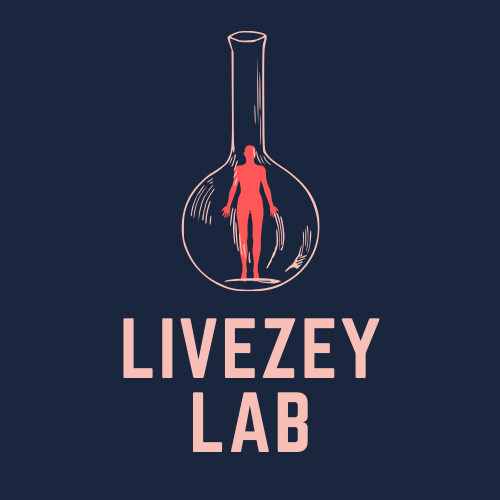Projects
Determining the Crosstalk Between Autophagy and aUPR-induced Necrosis
In this project, our aim is to better understand how a pre-clinical anti-cancer drug, BHPI, works. A derivative of BHPI was recently sold to Bayer for further development towards clinical trials, so our work is clinically relevant. BHPI kills cancer cells that contain the protein Estrogen Receptor alpha (ERα), by activating what is normally a protective pathway called the aUPR. However, BHPI turns this pathway on to such a degree that it becomes toxic, and cells die through an explosive mechanism called necrosis. We want to further understand how BHPI works by probing other related pathways within cells, in particular, a pathway called autophagy. While a connection between the aUPR and autophagy has not been described before, we have obtained preliminary results linking the two pathways and are now focused on understanding in detail how the two interact.
Determining the Effect of Ferrocene Structure on Redox Status and Ability to Kill Cancer Cells
Most anti-cancer drugs kill cells via a death mechanism called apoptosis. This presents an issue, as many cancer types have, or develop, resistance to dying through this pathway. With Dr. Marwa Abdel Latif, we are pursuing the development of ferrocene-based anti-cancer drugs. Ferrocene is an organometallic compound containing iron. We hypothesize that the structure of ferrocene and its derivatives may alter the iron center’s ability to perform redox chemistry within cancer cells, and may lead to a type of cell death called ferroptosis.
Identification of a Putative Binding Site of BHPI on Estrogen Receptor Alpha Using Computational Methods
Using computational docking methods, we identified a novel site of interaction between BHPI and its protein target, Estrogen Receptor, distinct from the canonical estrogen binding site. Identification of this site has not been possible to-date with standard biochemical techniques. We hope to confirm this theoretical work in the lab in the future.
Assessing the Impact of Diverse Content on Students’ Relationship to, and Understanding of Chemistry and Biochemistry
We are attempting to develop and understand the impact of diverse course materials on students. There are two aims to this work. Firstly, we are working on developing materials that better link the biochemistry taught in the classroom to culture, ethics, social justice, and Detroit Mercy’s mission. This currently includes readings and reflective essays in class homework assignments called “Mission Moments” and “meet-a-scientist moments” where students are introduced to scientists with diverse identities. Secondly, using a survey instrument, we measure students’ changing perceptions about themselves as scientists, the difficulty of science, and the relevance of diversity, equity, and inclusion to science before and after the class. Finally, we have developed an interview protocol in the hopes of better understanding why we are seeing some of the changes in student opinion from pre- to post-survey.
Integrating Historical use of the Cotton Plant as an Abortifacient by Enslaved People with Modern uses of Gossypol as Contraception
In collaboration with Dr. Prasad Venugopal, we initiated a study that combines a historical review of cotton plant uses amongst enslaved people in the United States with a biochemical analysis of a primary component of the cotton plant, gossypol. It is known that enslaved Africans brought knowledge of the medicinal uses of plants with them to the United States, and it is reported that the cotton plant was known to prevent pregnancy amongst enslaved people. Furthermore, there is evidence that some West African religions used the cotton tree as a symbol of fertility. In modern times, the chemical gossypol, derived from the cotton plant, has been studied as a contraceptive agent, particularly in China. This project aims to develop our understanding of the roles the cotton plant and gossypol have on human health and self-determination from historical times until today.

